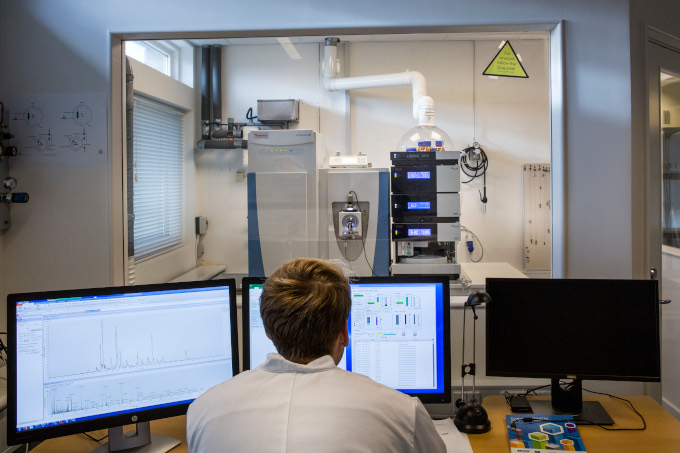
In traditionally analytical chemistry ultra-trace chemical analytical methods are developed specific for a specifik type of sample and group of substances. This is called targeted analysis which has good sensitivity and good identification the specific compounds. However, this traditional method can only identify the compounds we are looking for. All compounds, which is not selected for the analyses, will not be found, even in high concentrations or with severe toxic potential.
To fill this knowledge gap non-target screening methods is the new tool for environmental chemistry methods for identification of unknown or new emerging environmental pollutants. Pollutants we do not know is present in the environment. The methods can scan environmental samples by high-resolution mass spectrometry for all present compounds in a sample and afterwards identify the compounds. The technique have high technical demands. However, during the last decade, new analytical hardware and software tools have been developed which make a non-target screening approach much more realistic and affordable today. This will in the future give us a better insight in what kind of pollutants and transformation products the environment and humans are exposed to.
Department of Environmental Science research in the development of nontarget screening methods for biota and groundwater, as well as degradation products from, among other, various technologies for wastewater treatment.